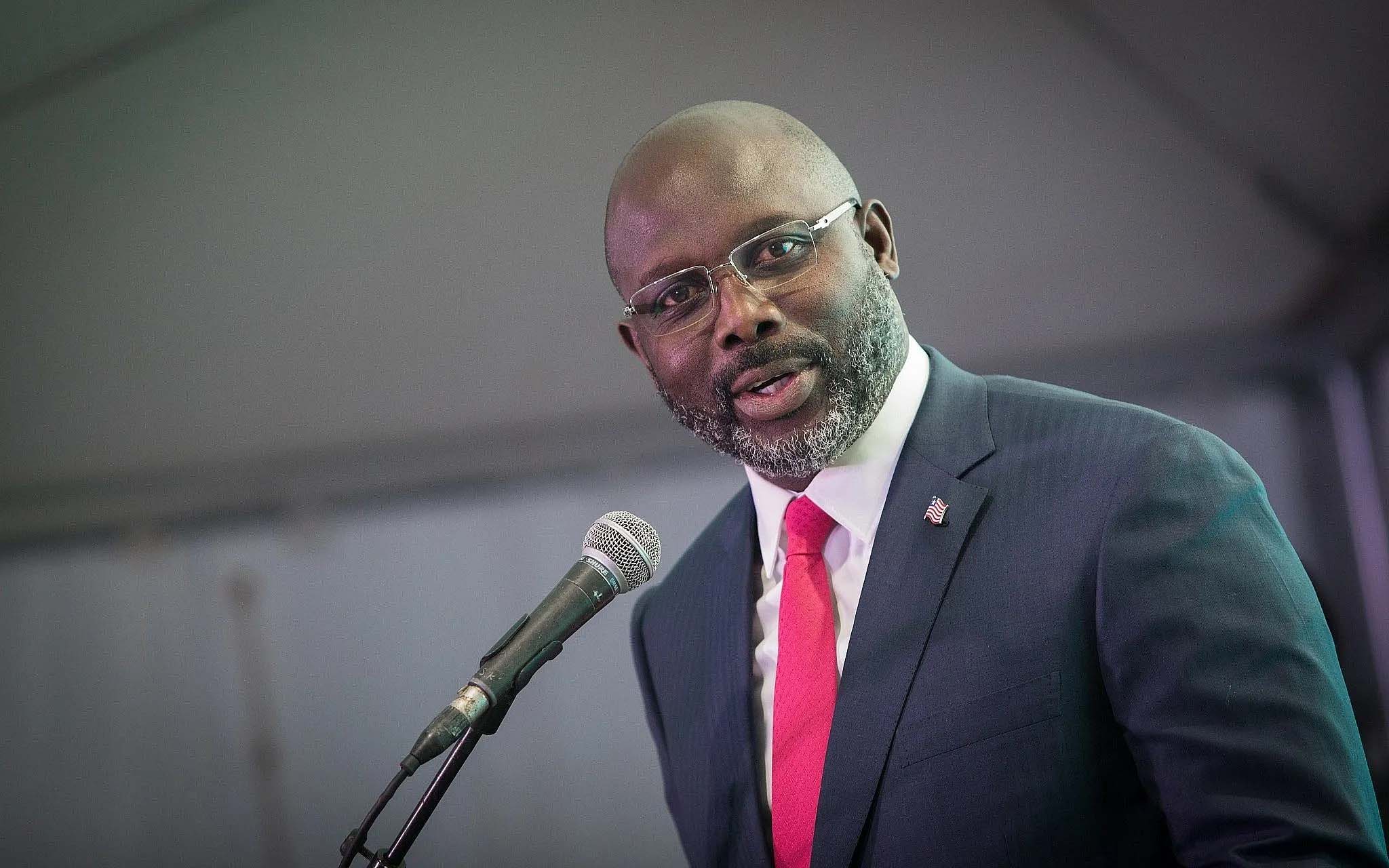Liberia’s President George Weah has told parliament he would run for re-election this year after a first term marred with corruption allegations and an economic downturn. Weah took office in 2018 in Liberia’s first peaceful change of power in seven decades and is constitutionally eligible to run again in the October 10 polls. “I will be coming to you shortly to ask you to renew my term, a mandate that you gave me six years ago,” he said in parliament, pledging to pursue transformation, growth and peace. Weah defended his first term, saying: “Let me assure you that the state of our nation is strong. The state of our nation is stable … The state of our nation is peaceful and secure. We intend to keep it this way.” Liberia is still recovering from a military coup in 1980 and a 14-year civil war that ended in 2003. Weah, a former international footballer who rose to fame from a slum in Monrovia, clinched a landslide run-off victory in the last general election in 2017 on the back of support from young people and the poor. The 56-year-old leader promised to end endemic corruption his predecessor, Nobel Peace Prize winner Ellen Johnson Sirleaf, was widely accused of failing to address. But corruption remains endemic in the country, with the watchdog Transparency International ranking Liberia 136th of 180 countries in its 2021 corruption perceptions index. In 2018, a corruption scandal in which Liberia lost $100m in newly printed central bank notes sparked widespread allegations of misuse of public funds within Weah’s administration.
The United States last year imposed sanctions on three Liberian government officials, including Weah’s chief of staff, for what it said was their ongoing involvement in public corruption. Disillusionment has been compounded by economic decline in a country where most of the population lives in deep poverty. Liberia was also ravaged by an Ebola pandemic and the nation of five million people, one of the poorest in the world, has been hit hard by the consequences of the Russian invasion of Ukraine. About half its people live on less than $1.90 a day, according to World Bank figures. Weah said in October 2020 that he would seek to serve only two terms, expressing concern at the time about protests in neighbouring Ivory Coast and Guinea over their presidents’ bids for a third term.
Founded as a colony in 1822 by former US slaves, Liberia became a republic 25 years later – Africa’s first.


